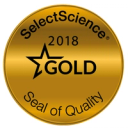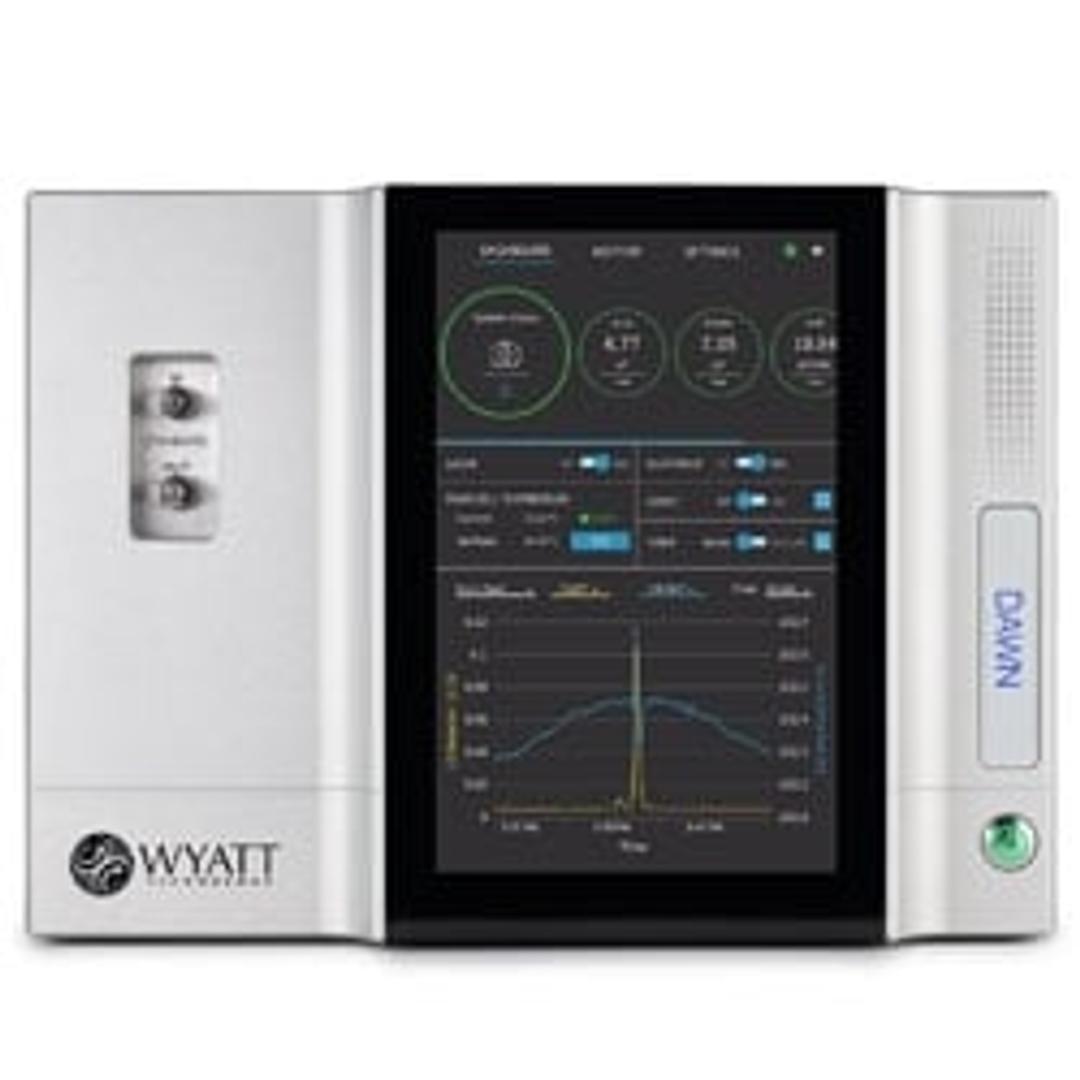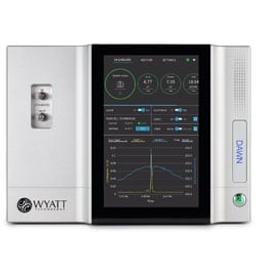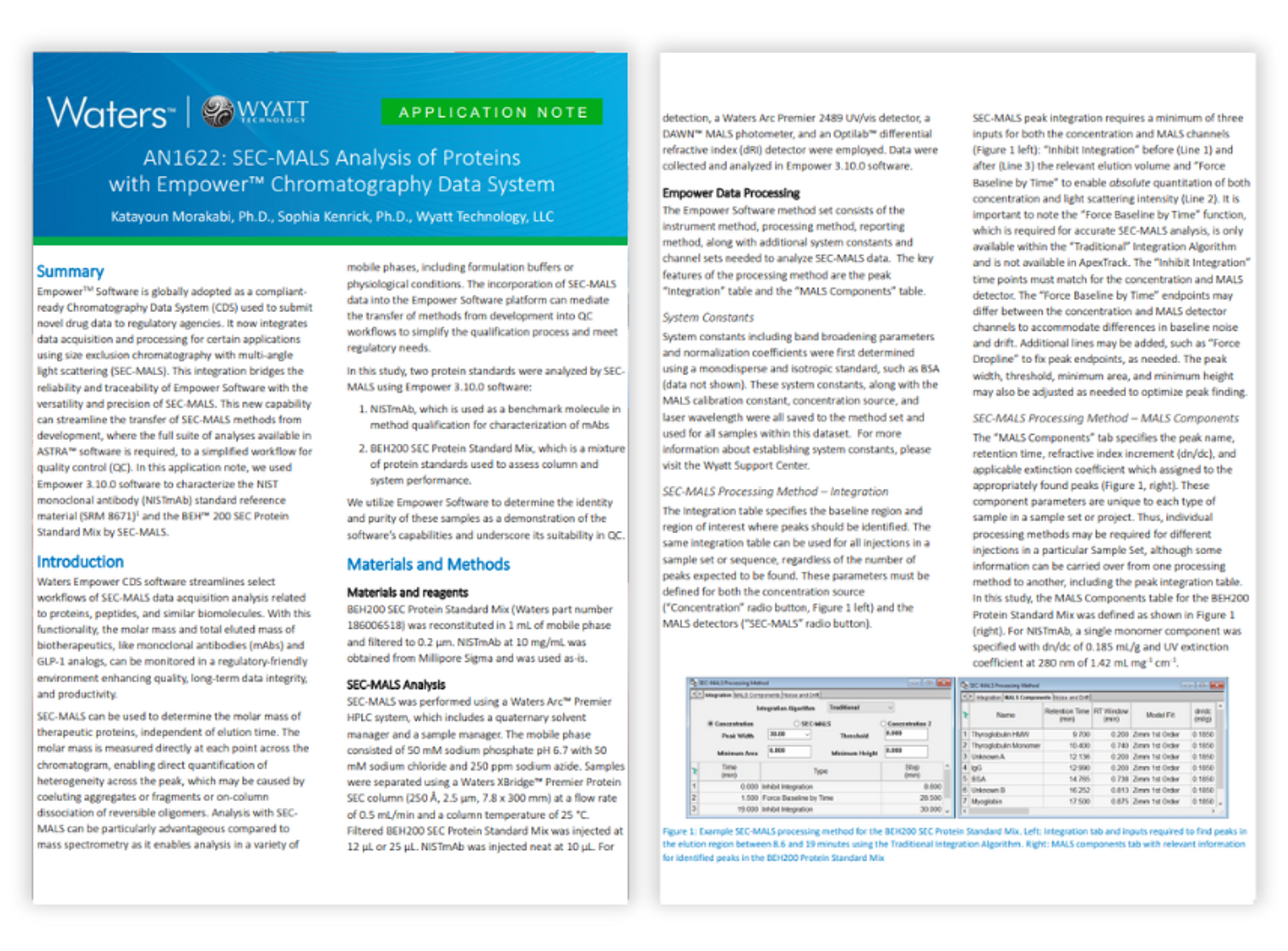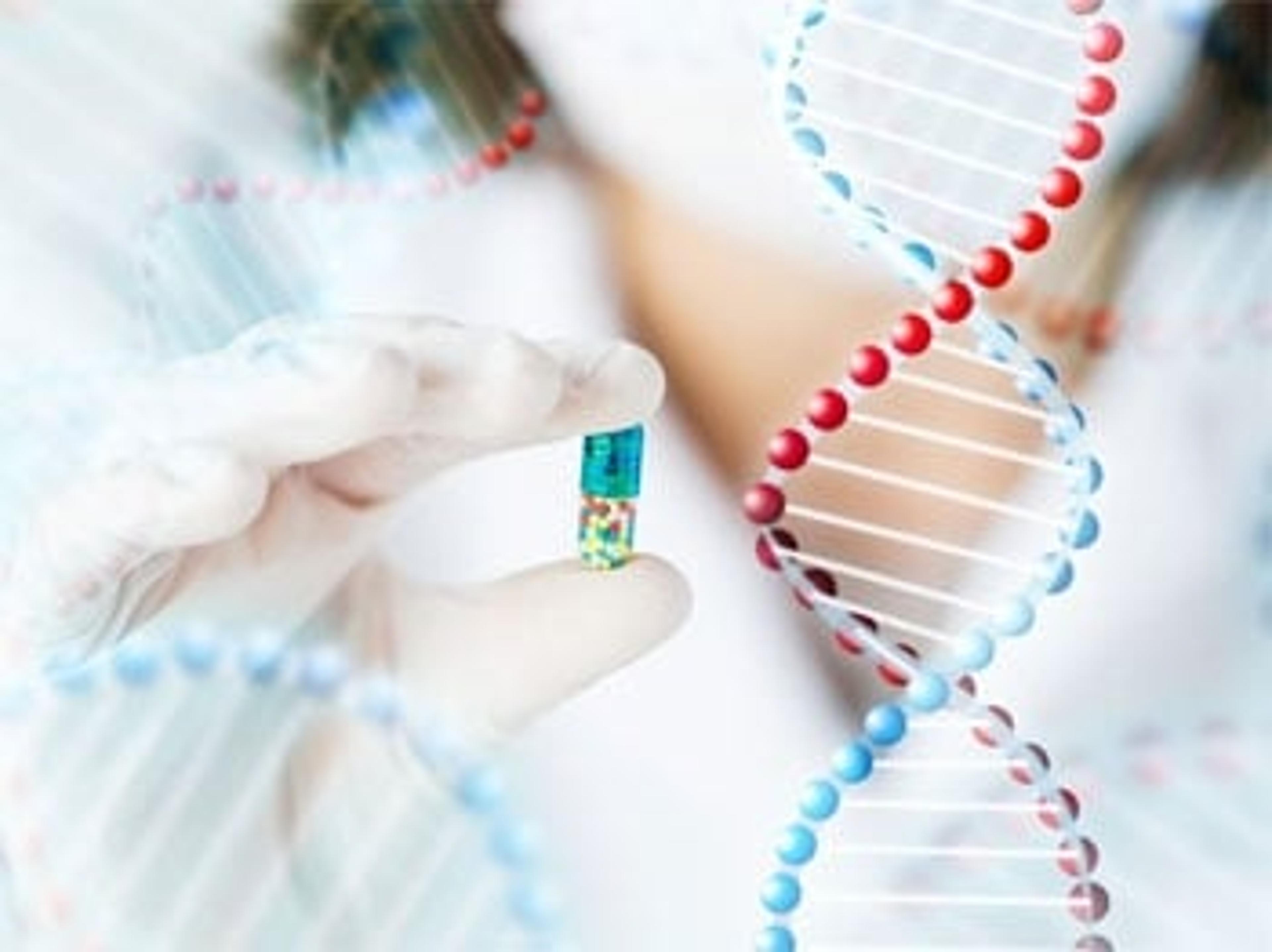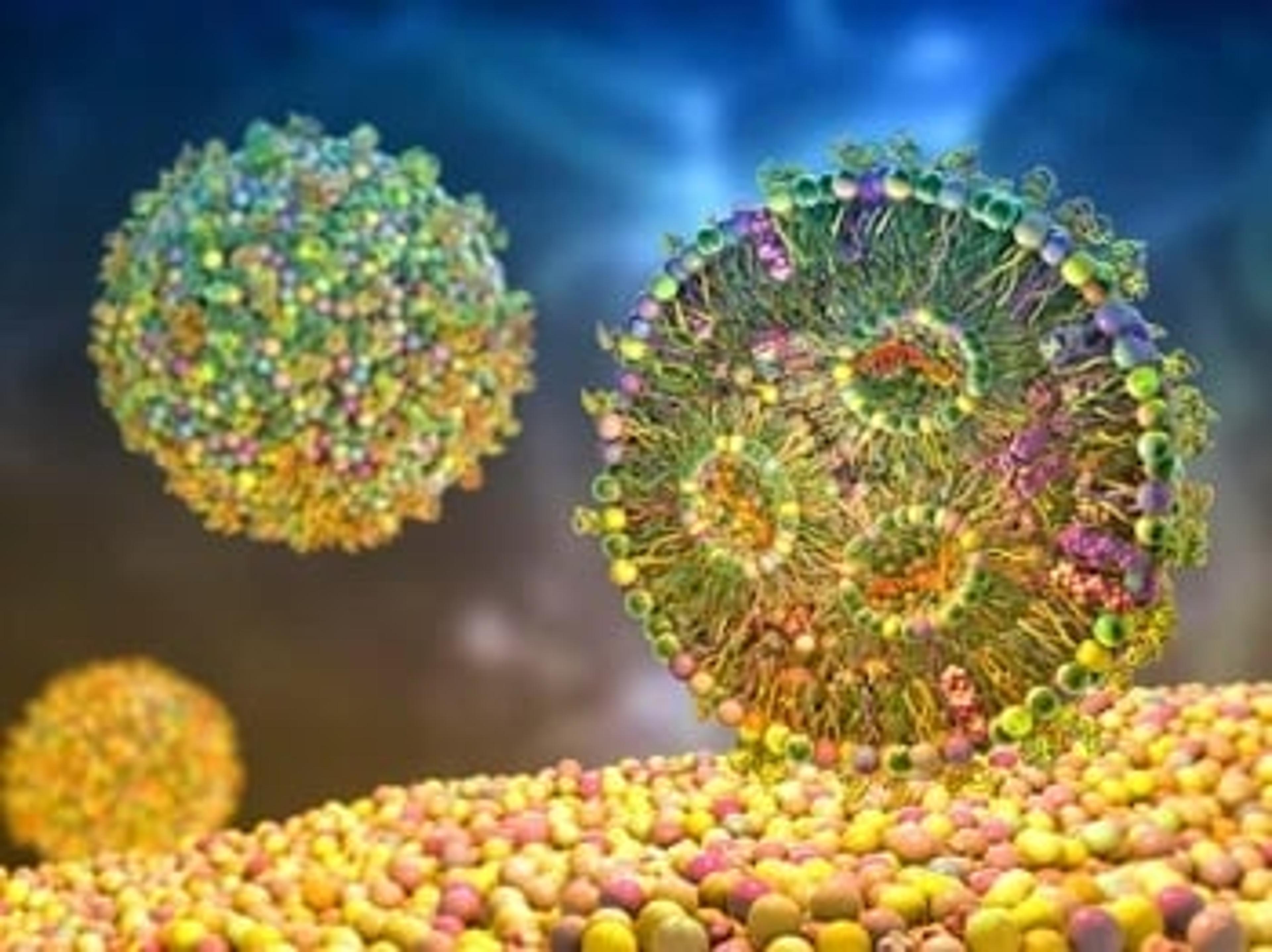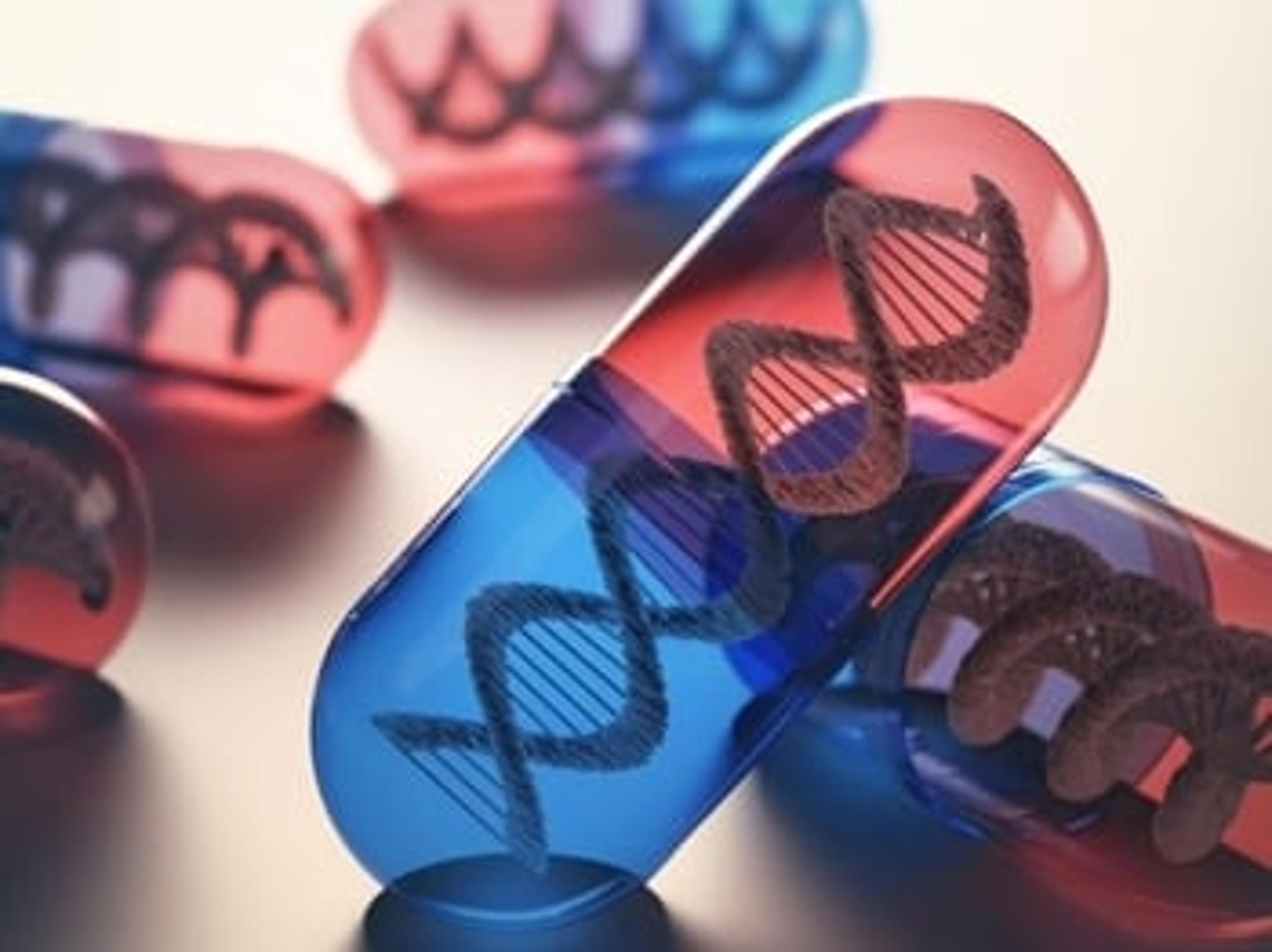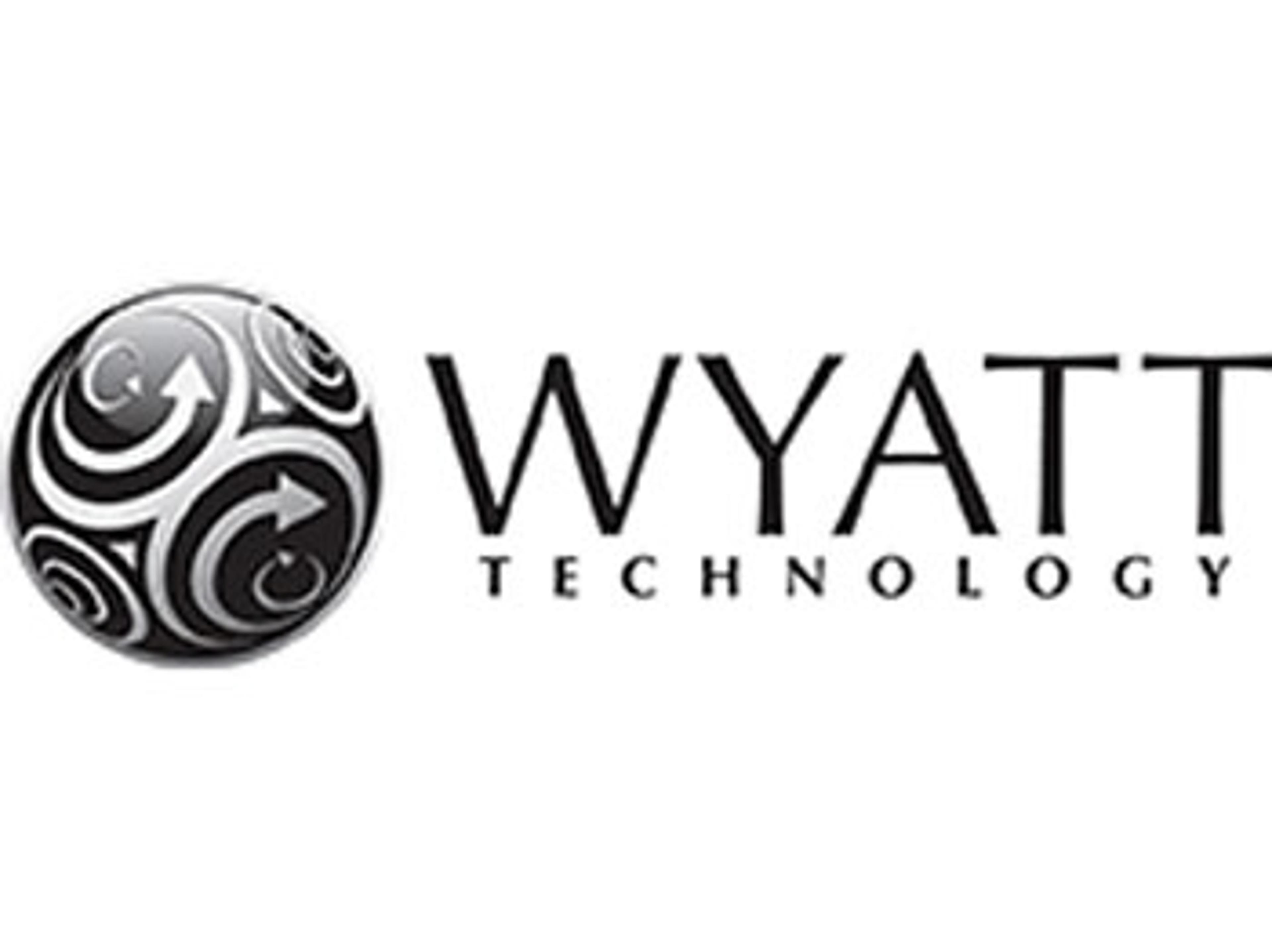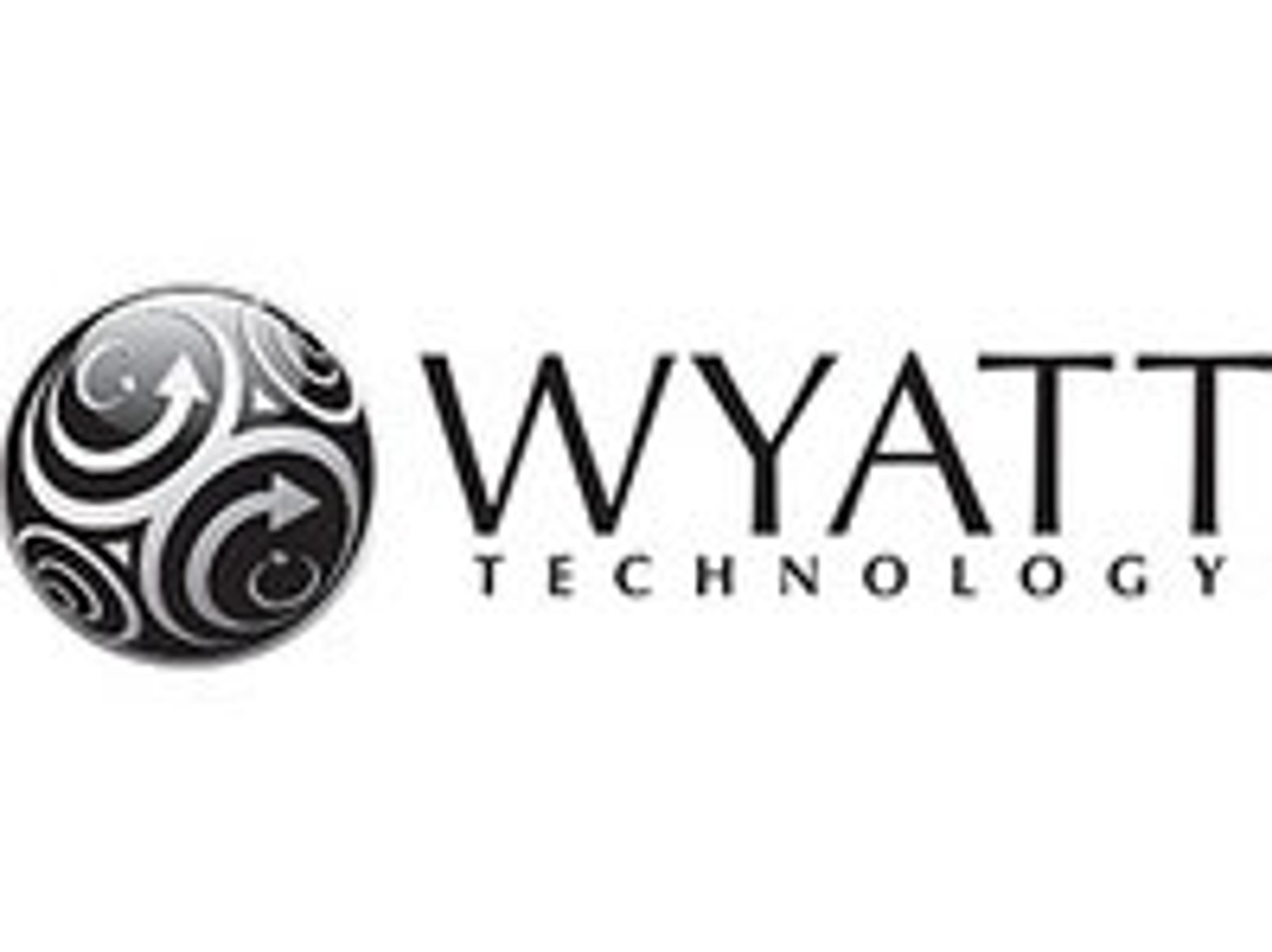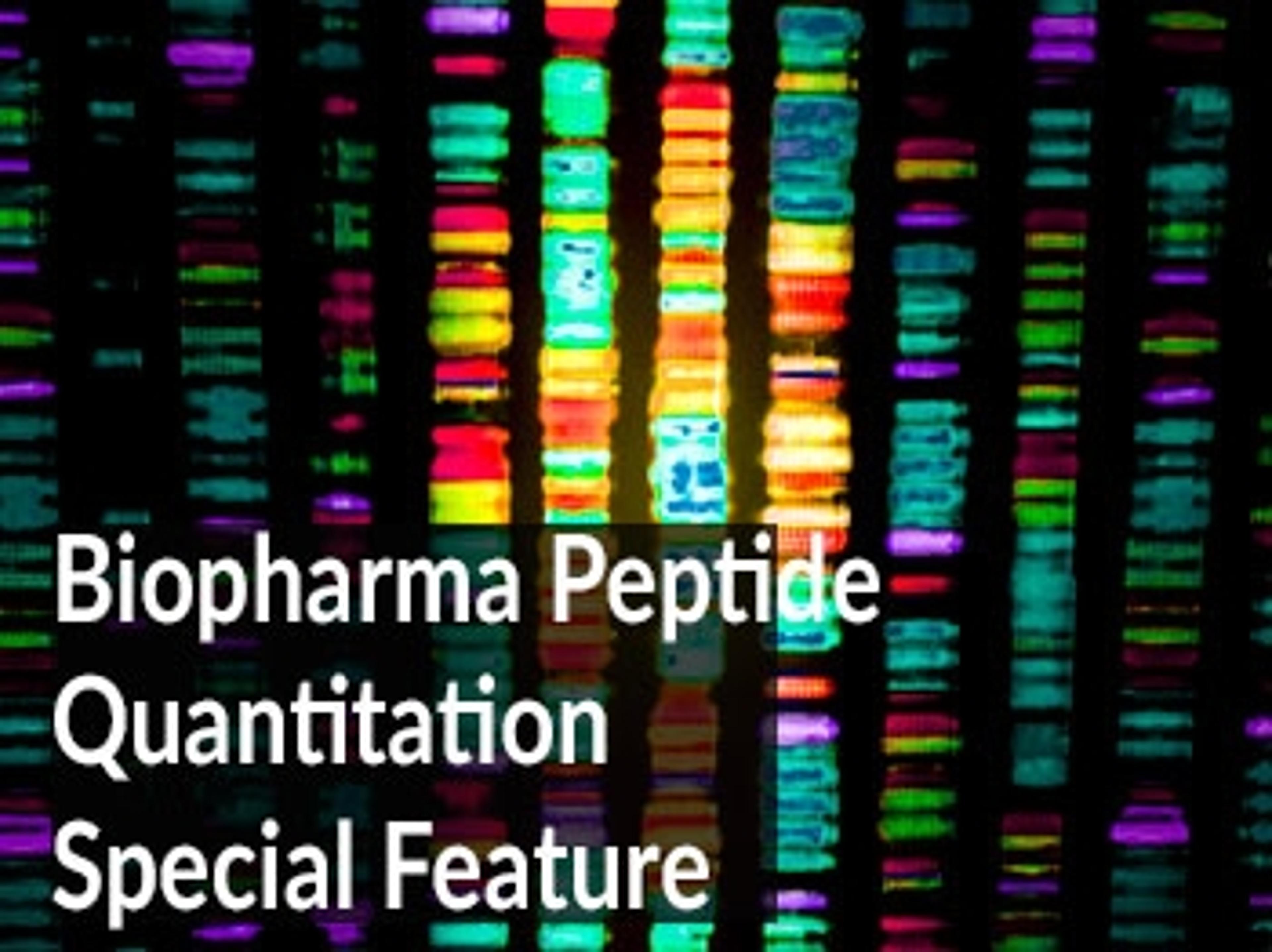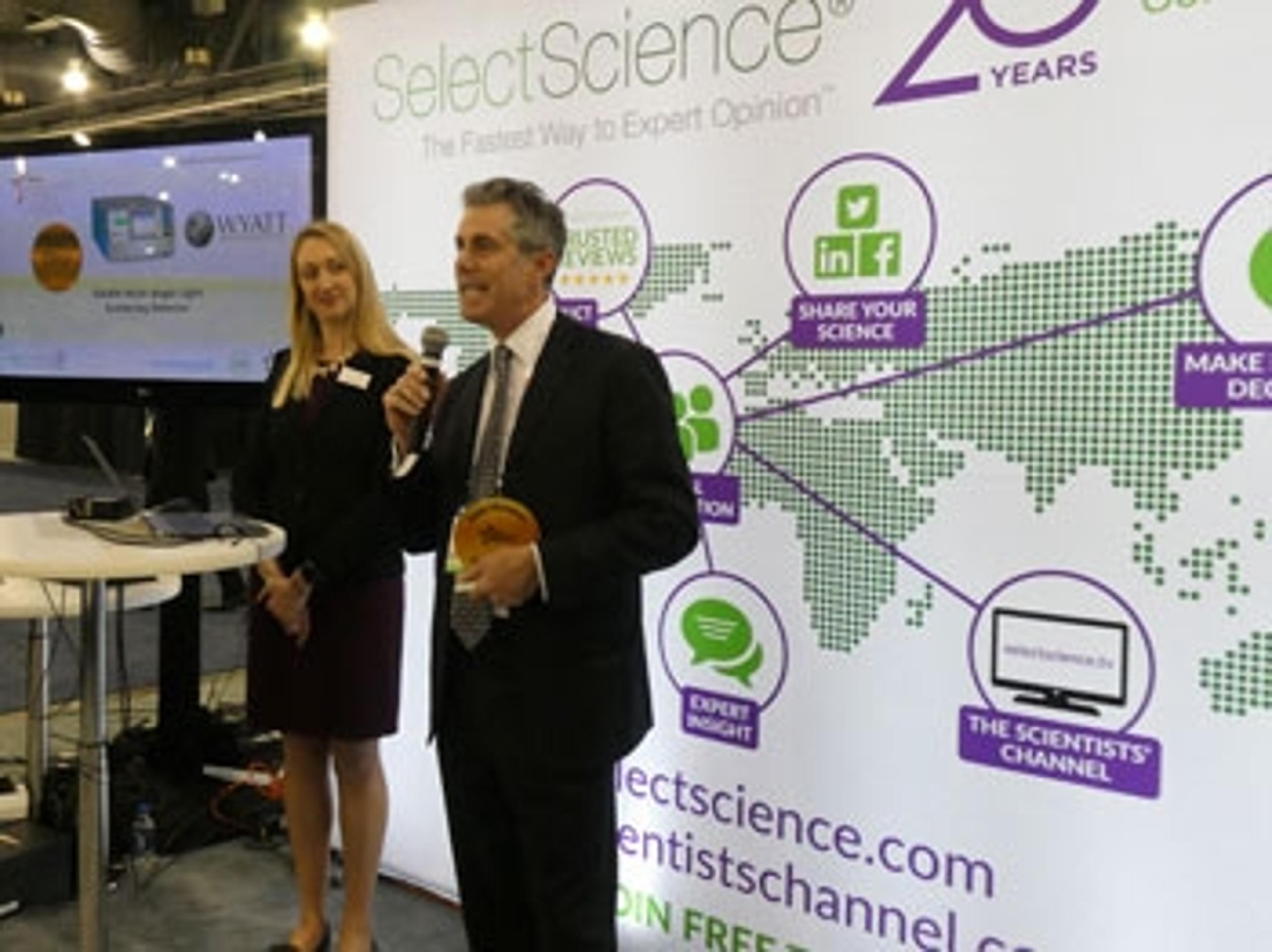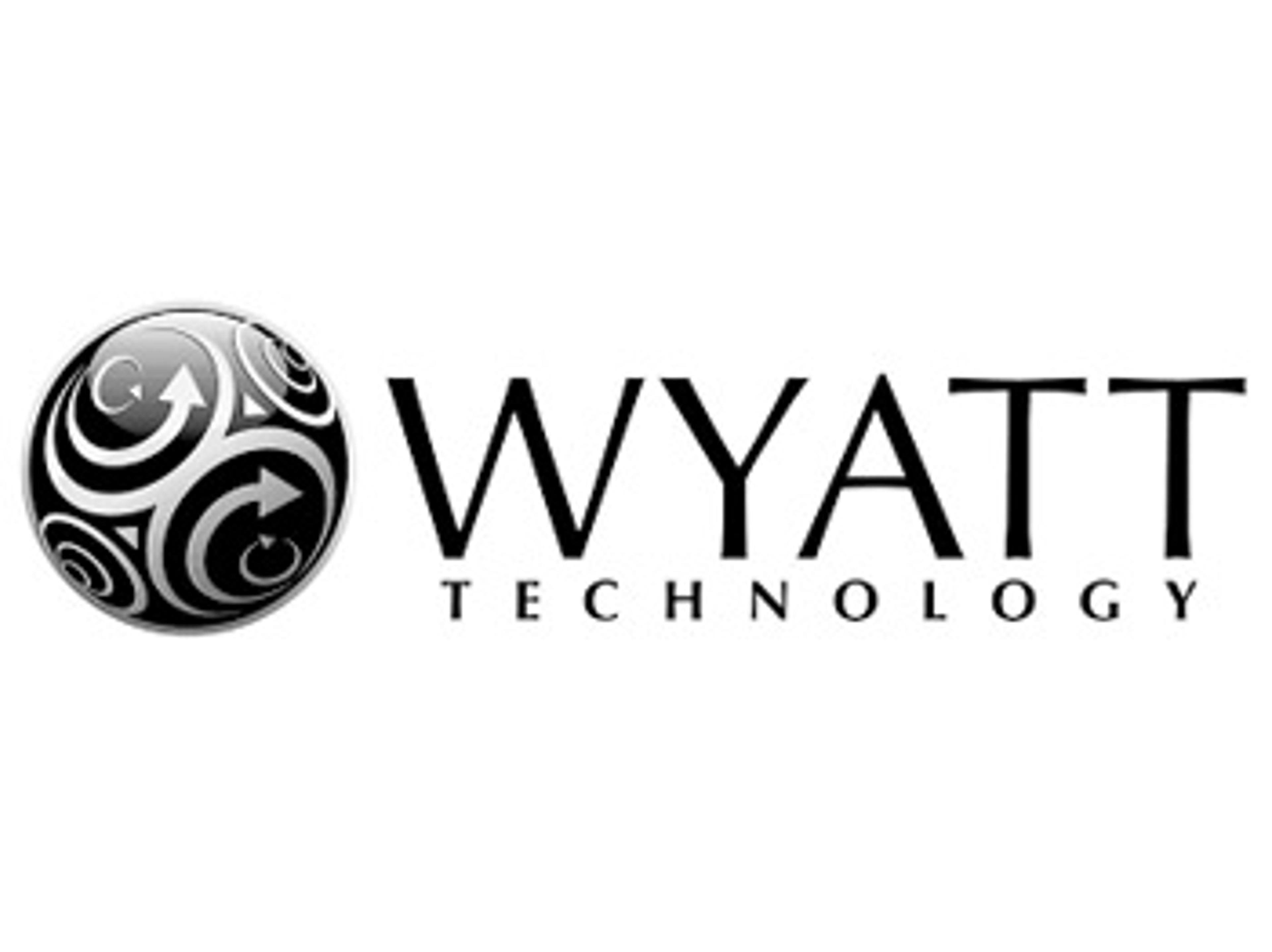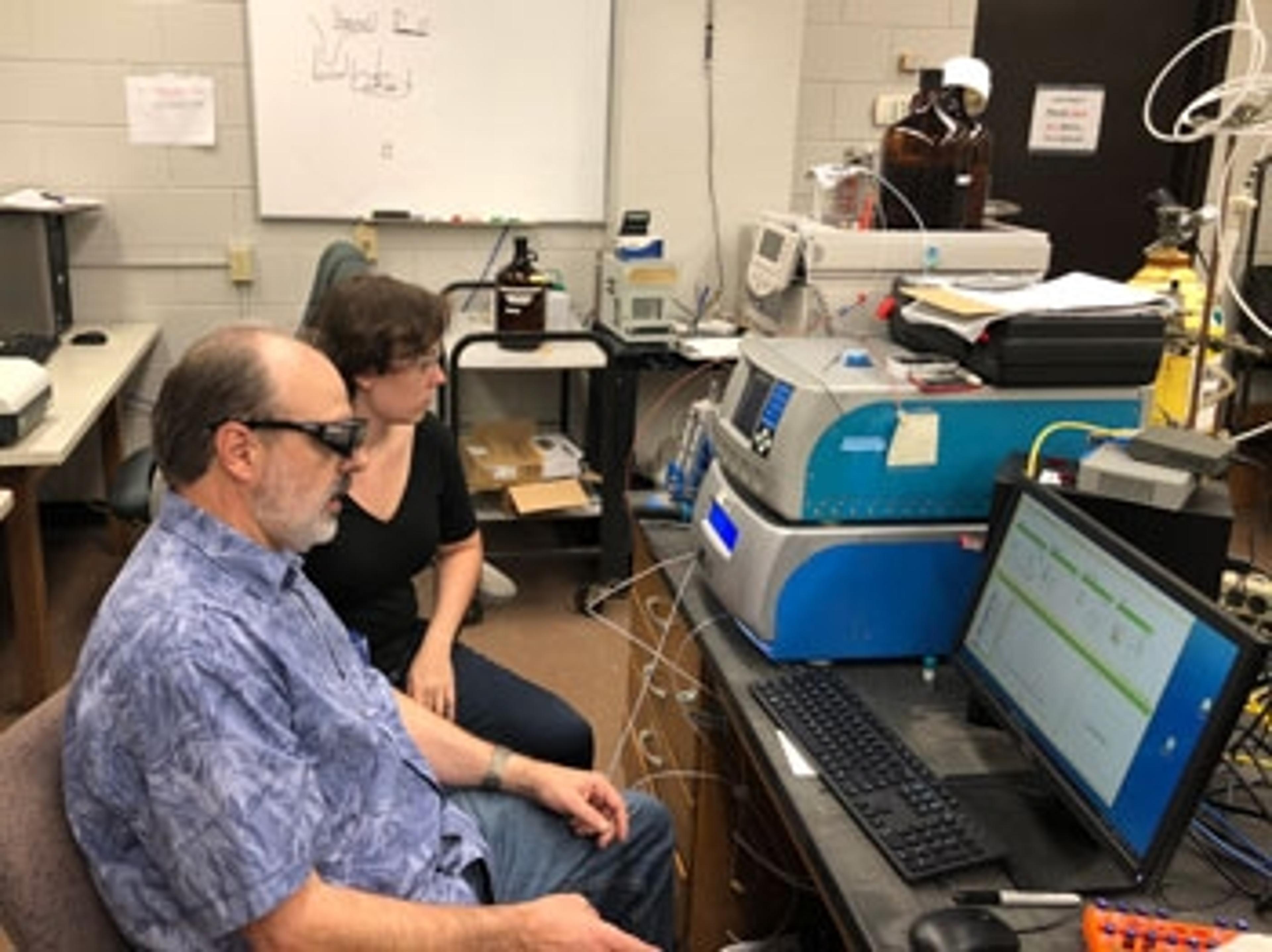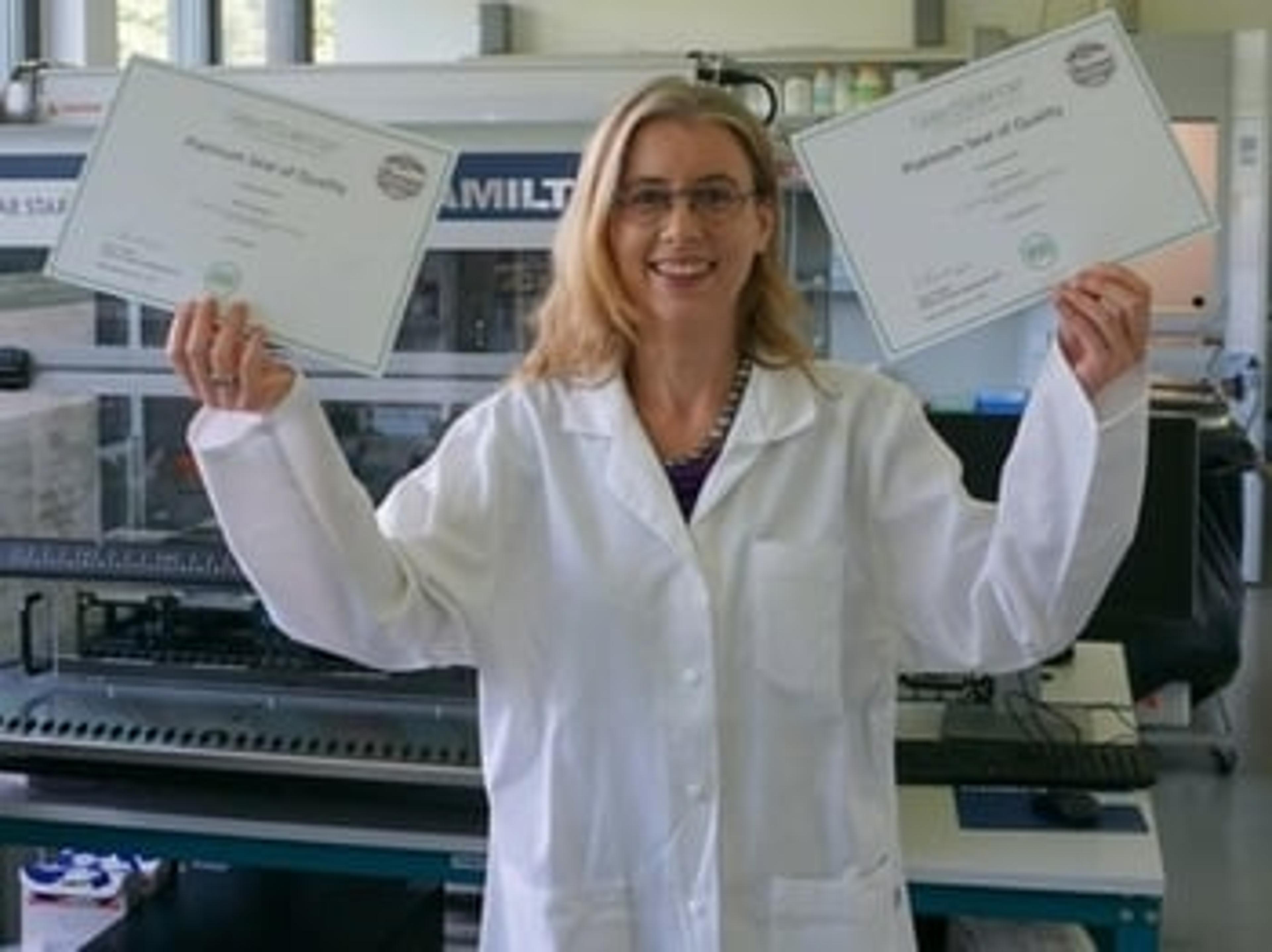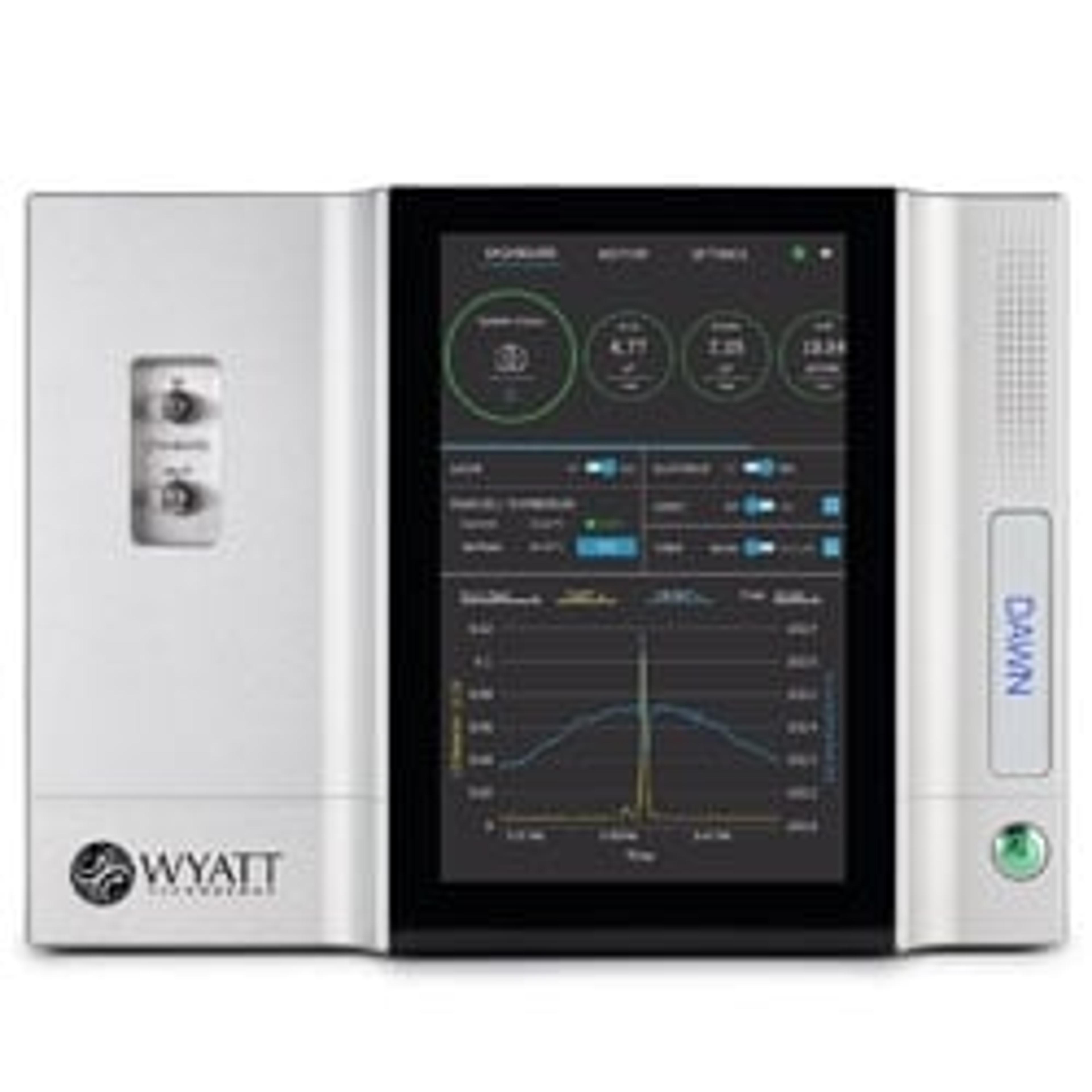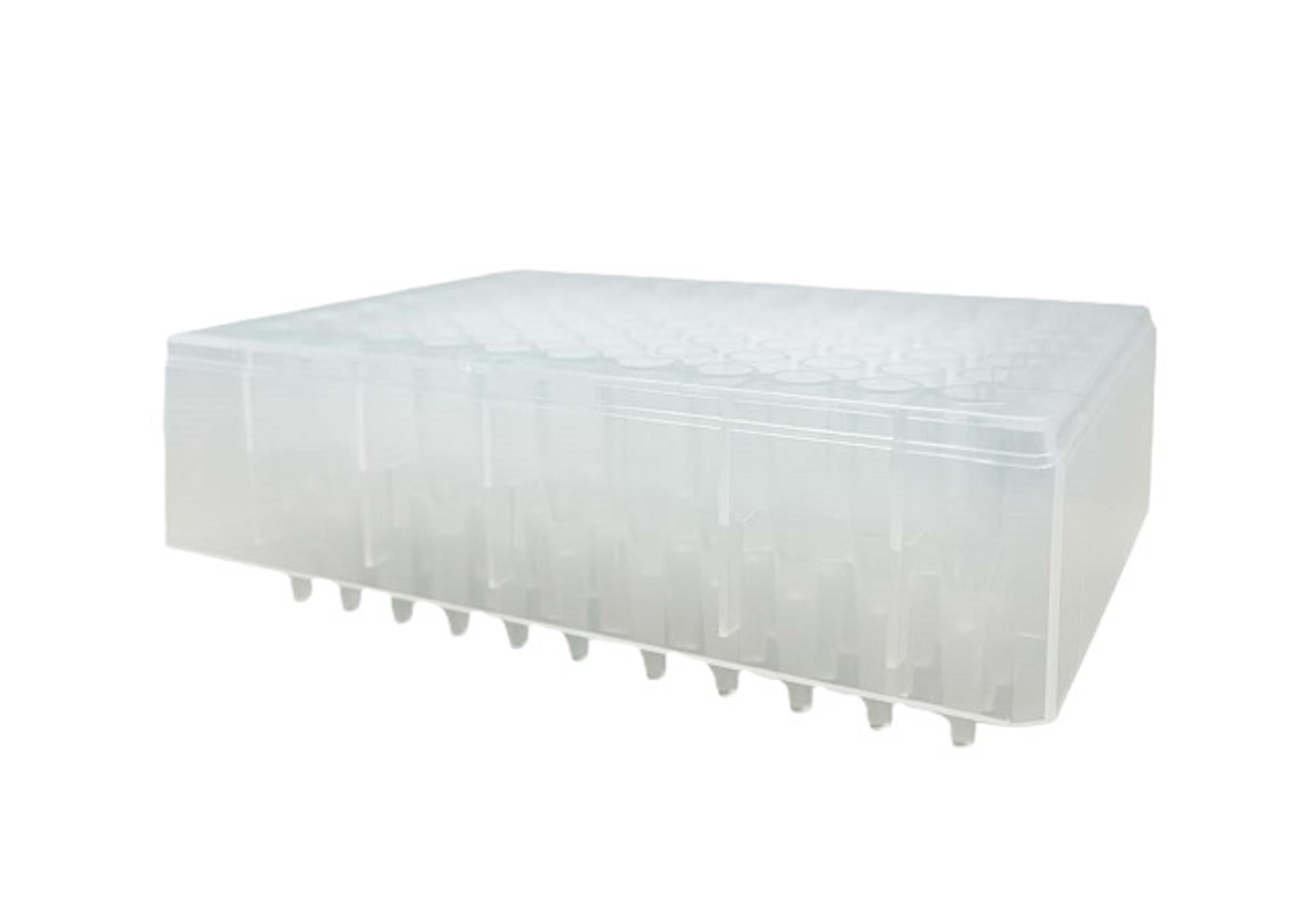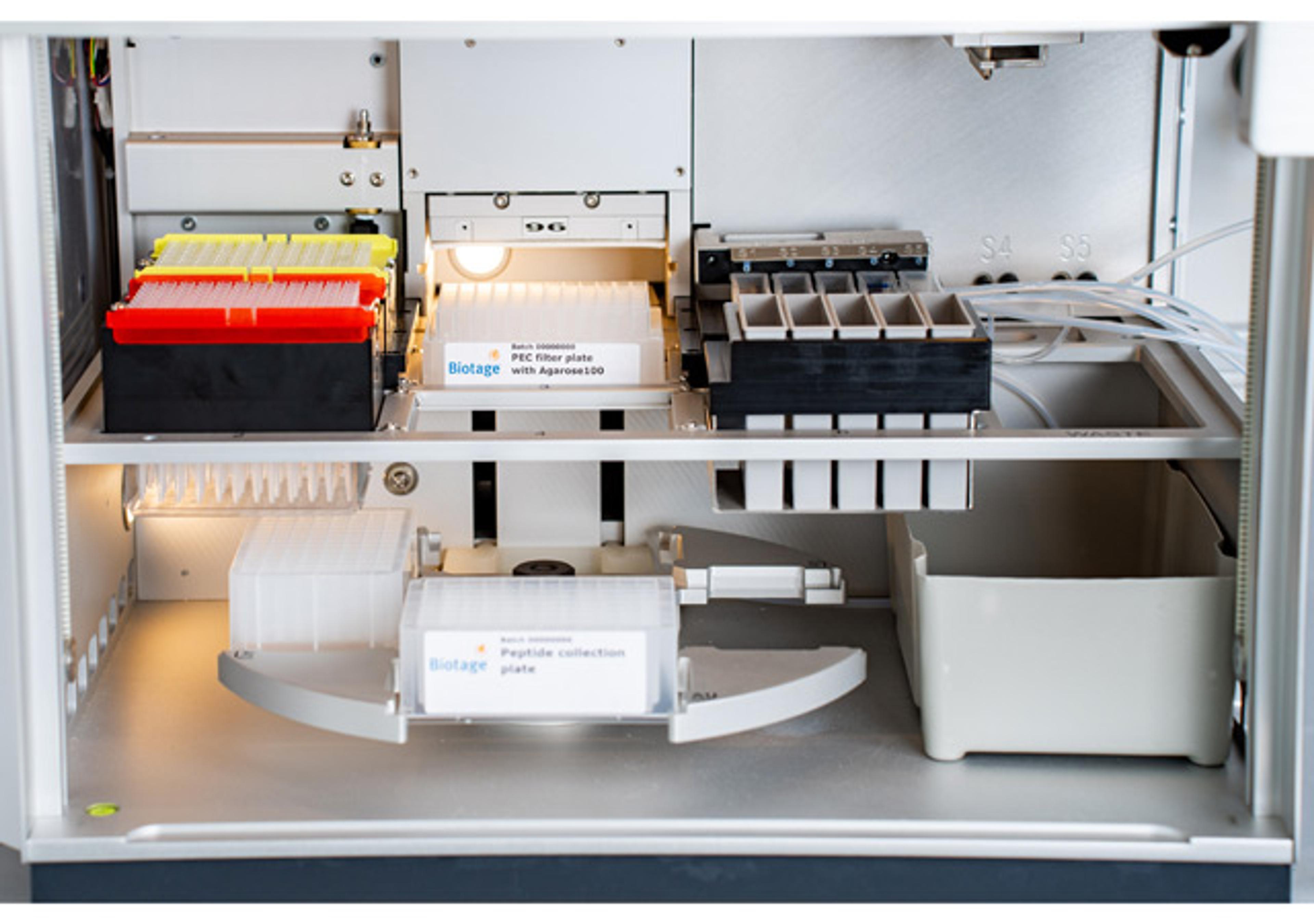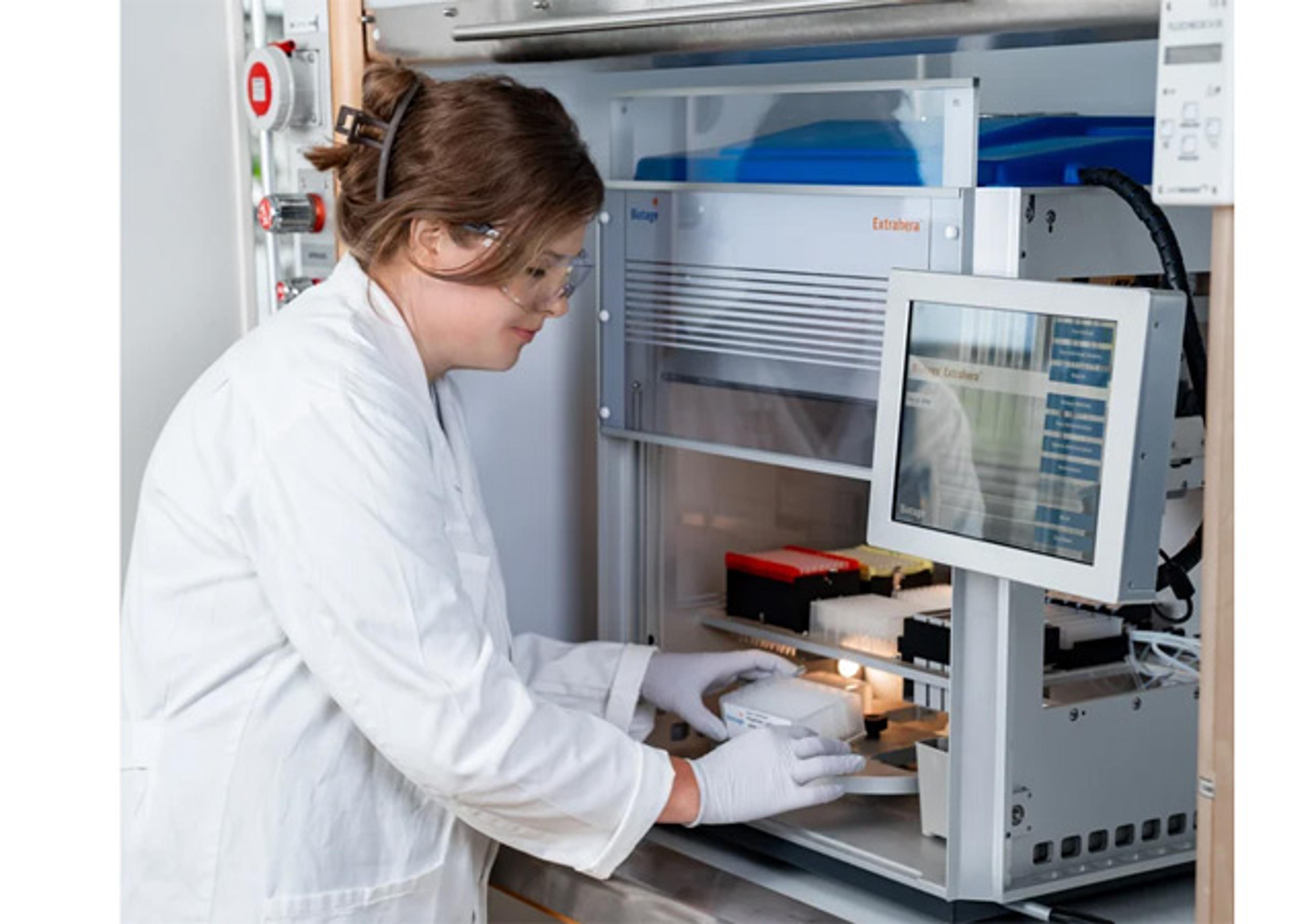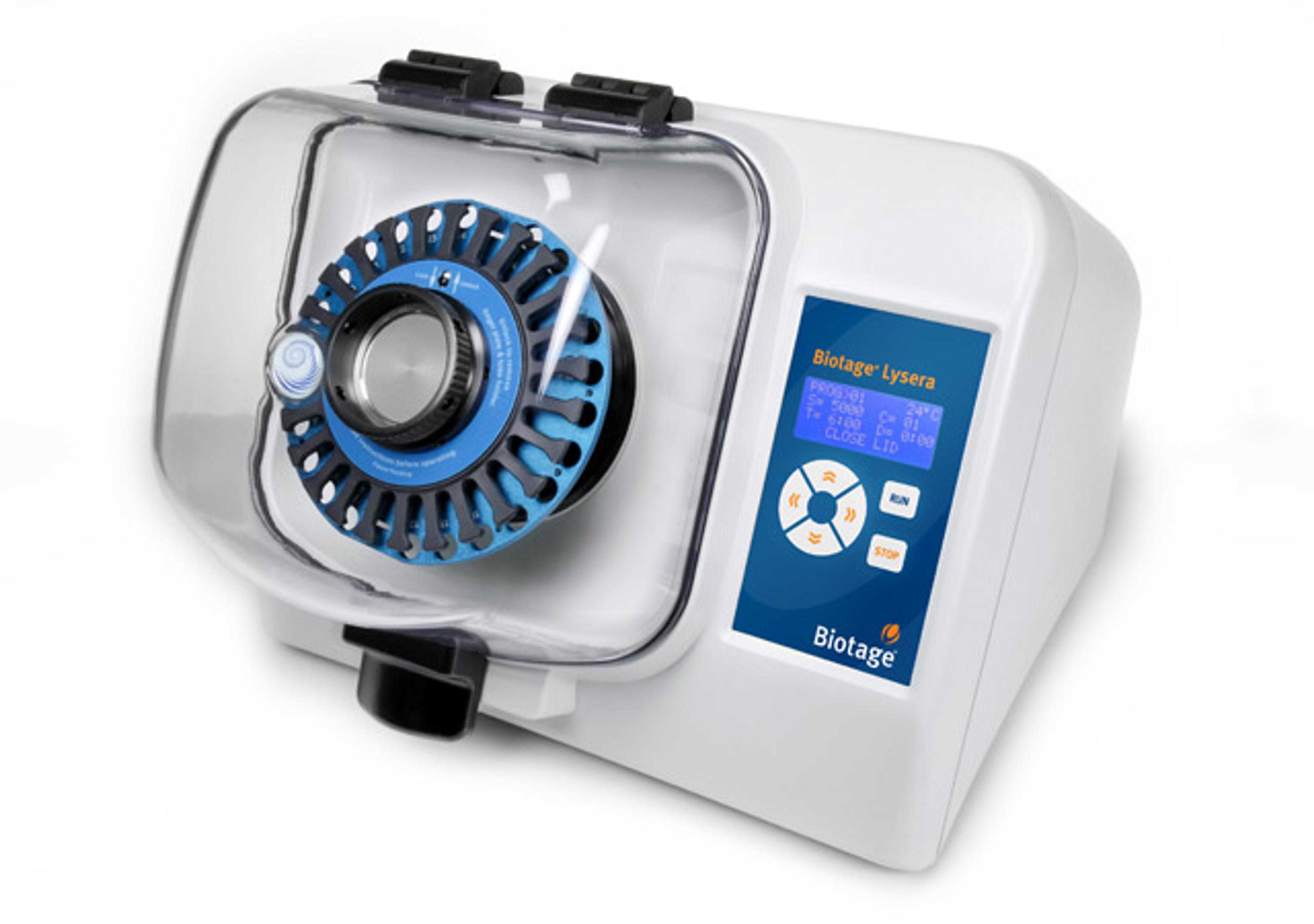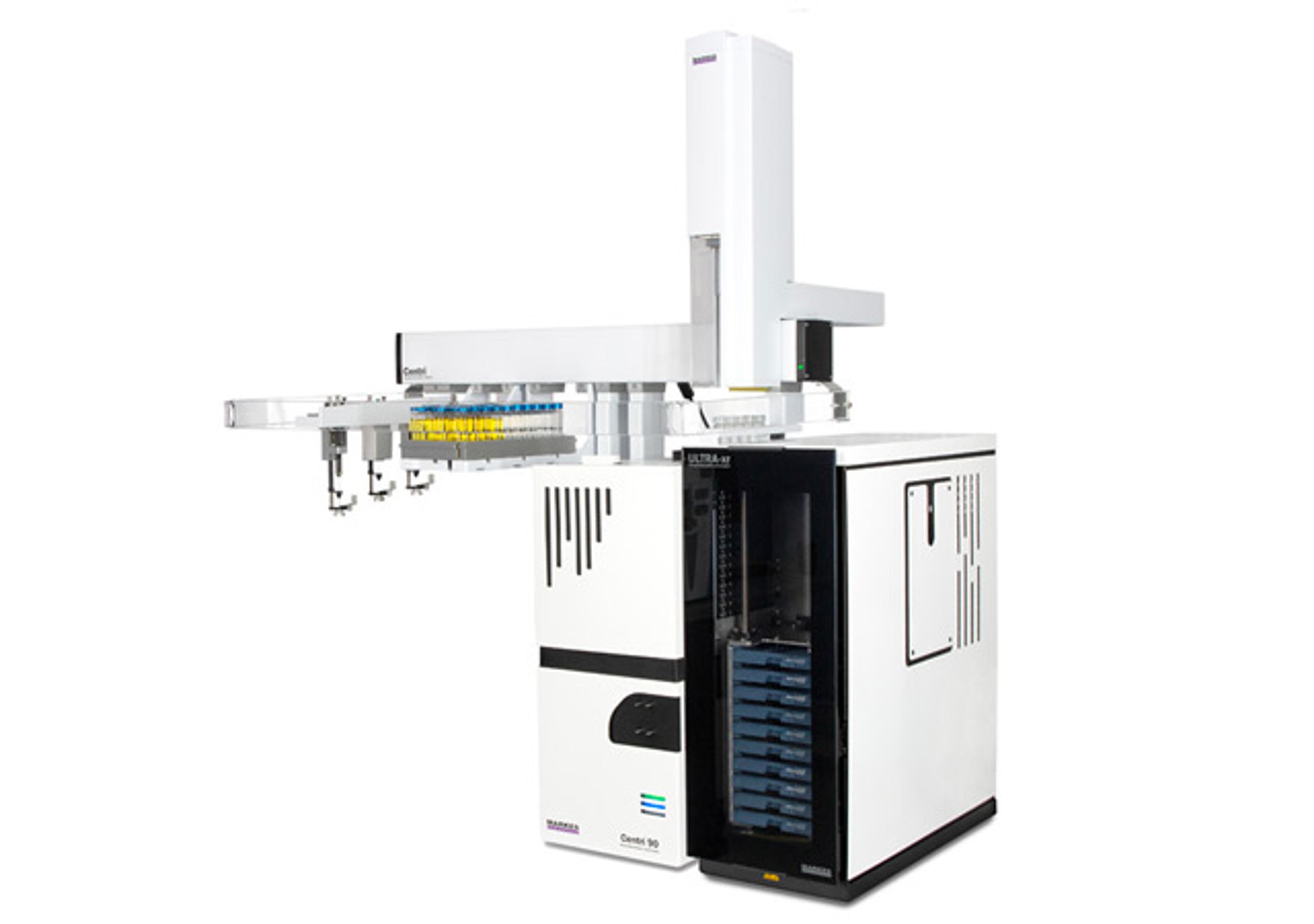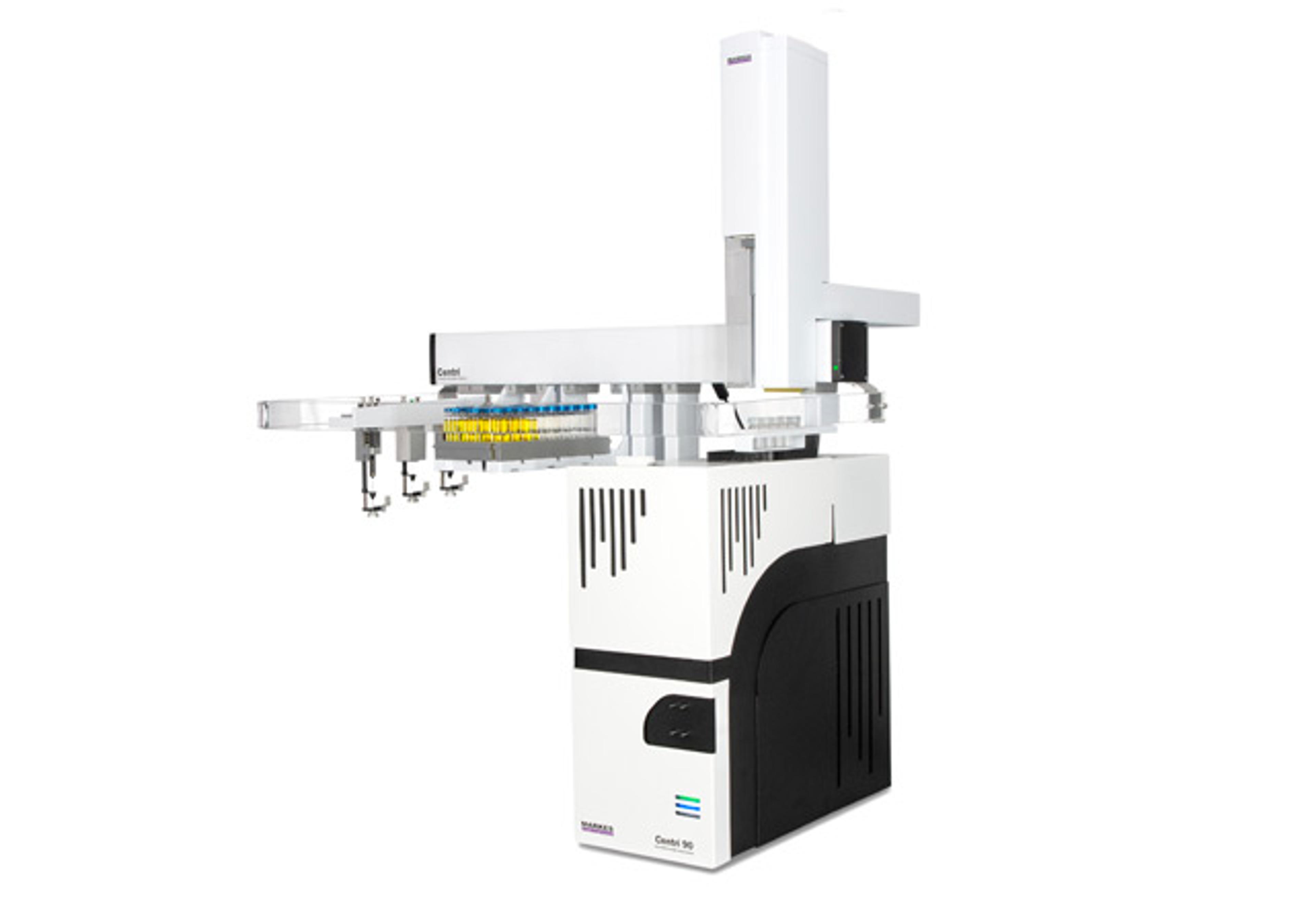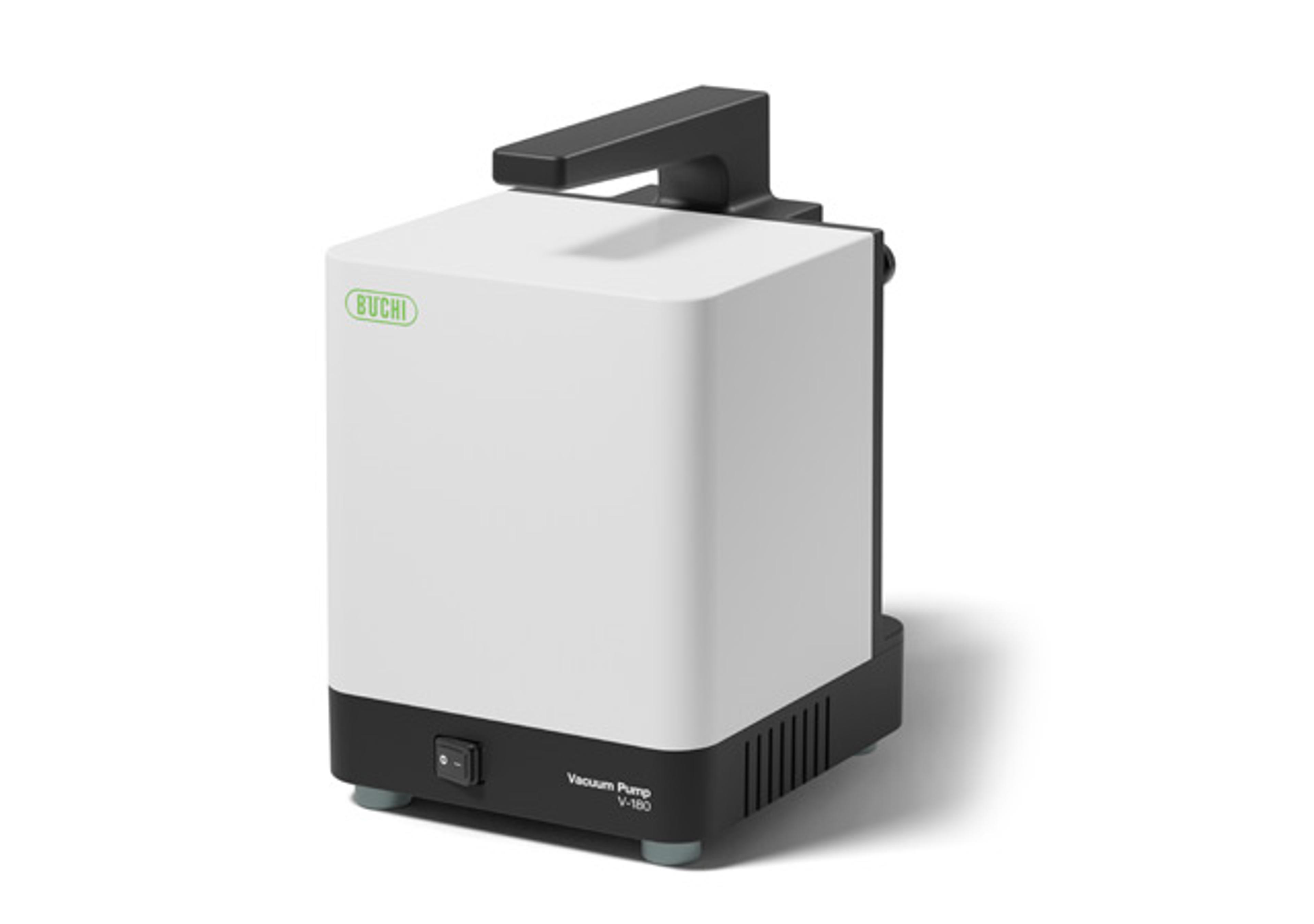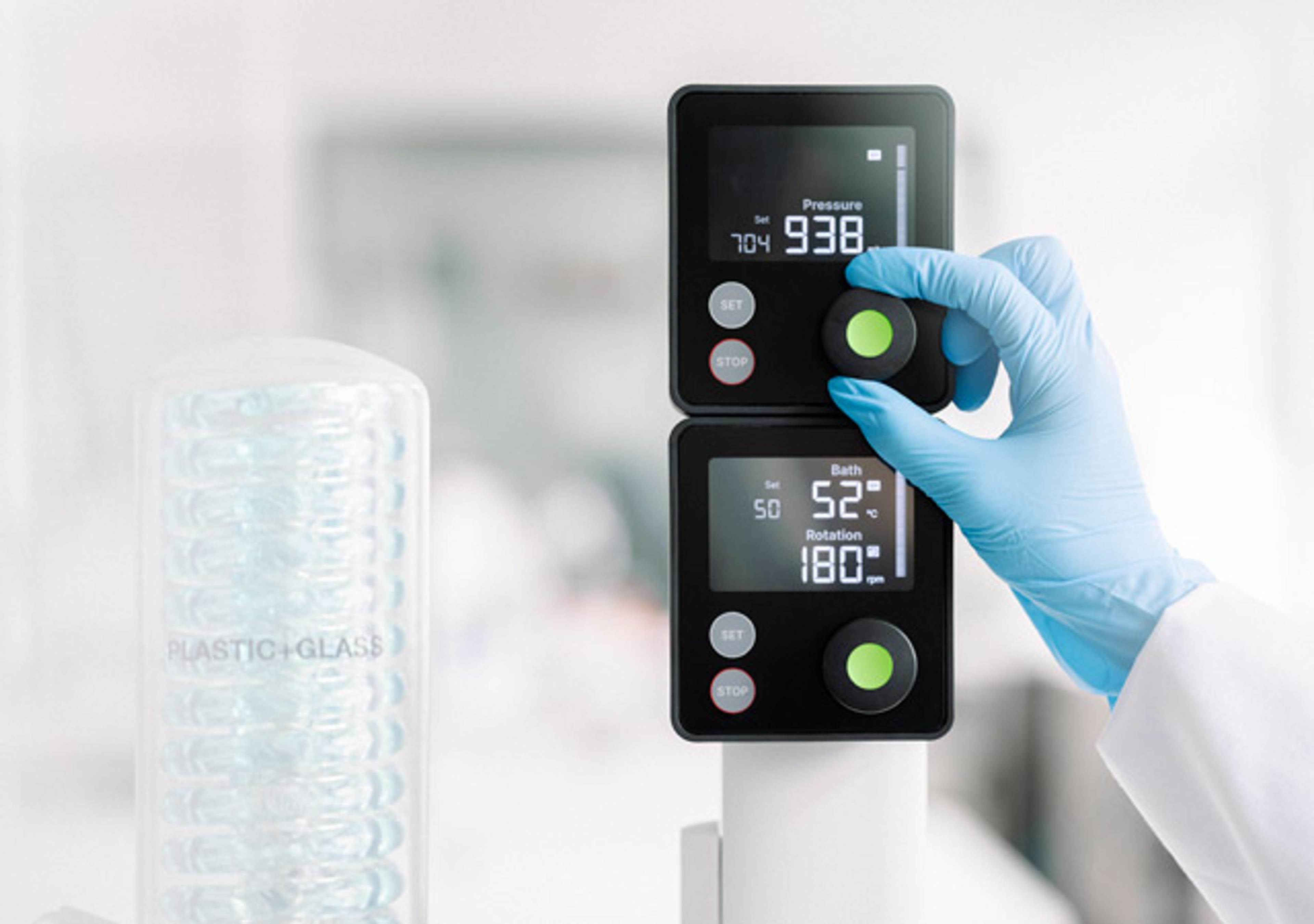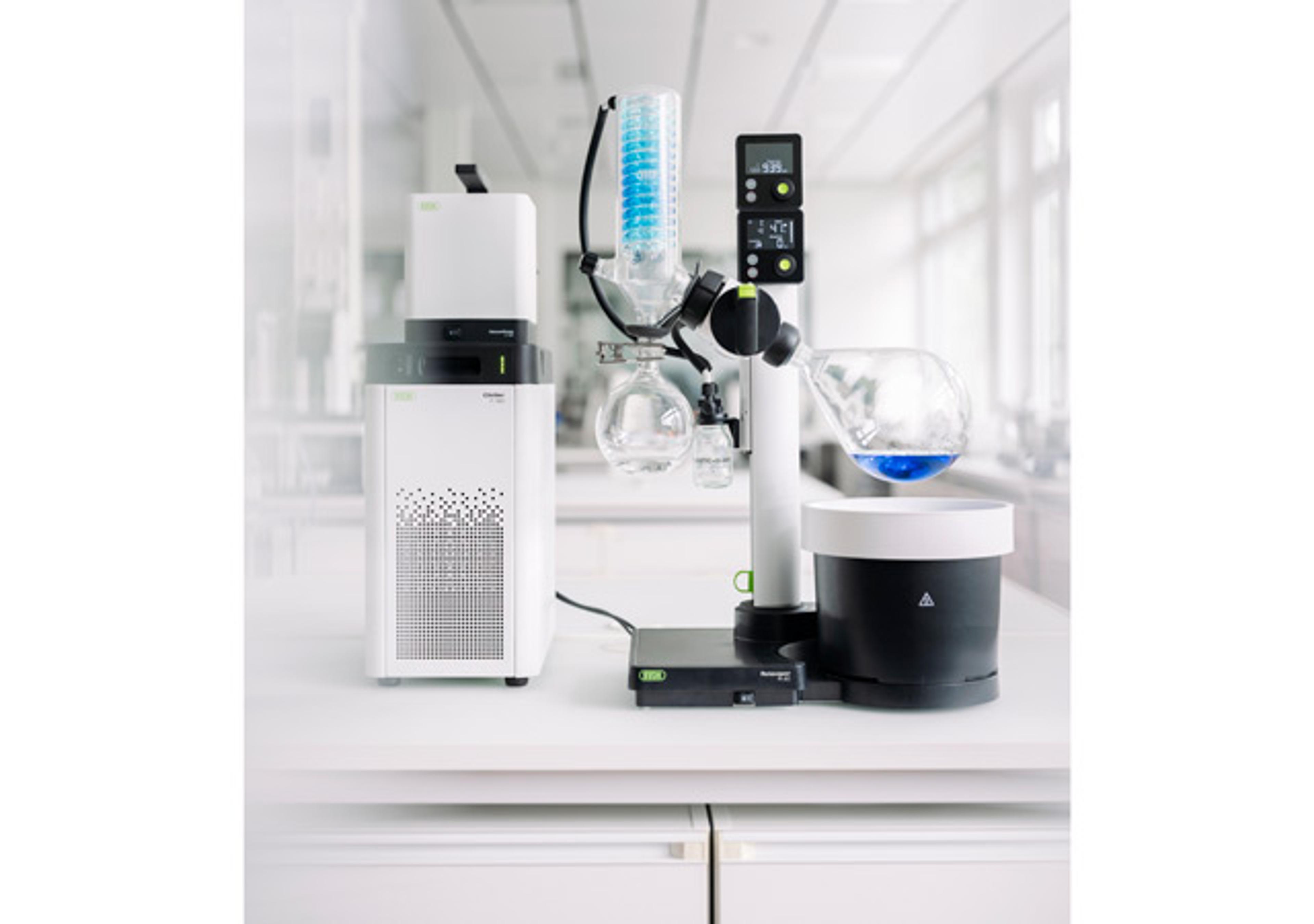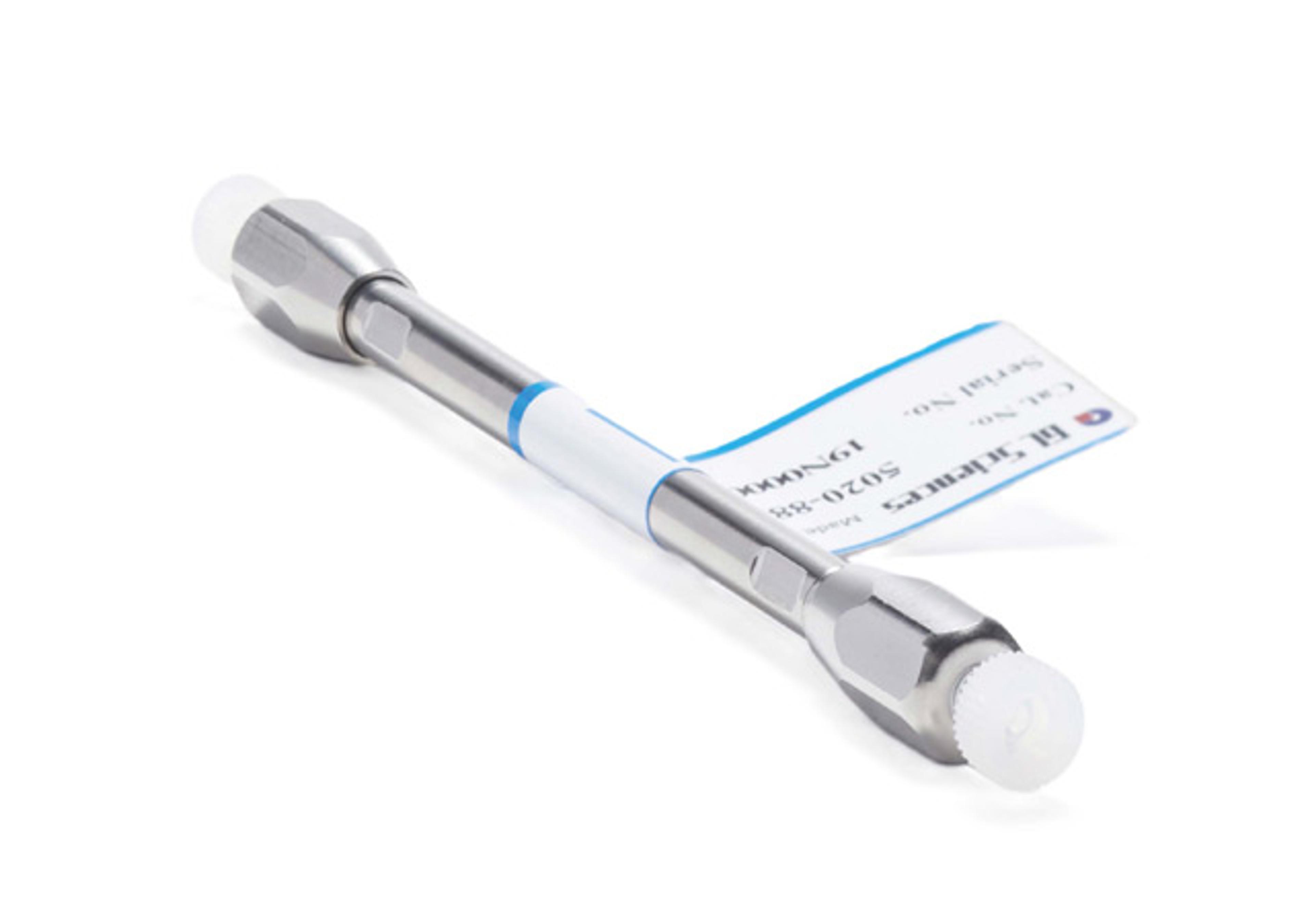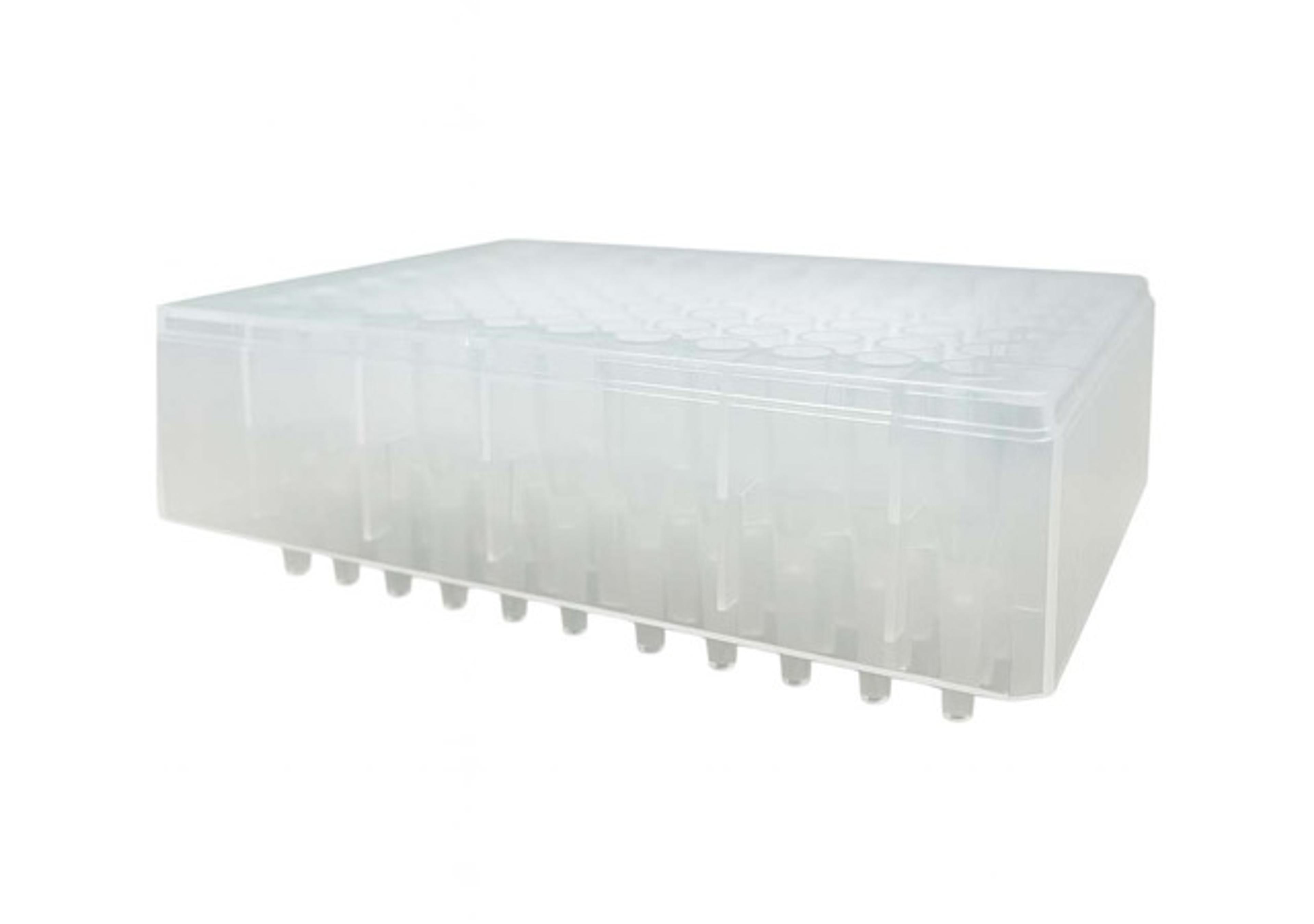DAWN™
The DAWN is the premier Multi-Angle static Light Scattering (MALS) detector for absolute characterization of the molar mass and size of macromolecules and nanoparticles in solution, offering the highest sensitivity and widest range of molecular weight, size, concentration and optional features.

The supplier does not provide quotations for this product through SelectScience. You can search for similar products in our Product Directory.
Great results.
Polysaccharide
It is easy to use.
Review Date: 7 Jul 2021 | Waters | Wyatt Technology
Great results! Cannot live without this system!
Testing large molecules
Wyatt MALS system is very reliable and generates reproducible results. ASTRA software makes it easy to use, store data and analyze data. It's worth for the money spending on this great system.
Review Date: 21 Jun 2021 | Waters | Wyatt Technology
The dream instrument for protein characterization, we can't be without it in the lab!
Protein characterization
In our facility we use all of our Wyatt instruments (the Heleos II and Dawn 8) constantly. The systems are very user friendly and easy to use. We achieve great results and are happy with the outstanding support by Wyatt customer service. Many companies can learn from this kind of service and reaction speed. We recently upgraded our older Heleos II system to the new Dawn 8 and are really happy with the integration. Quick delivery and installation, clear training and a dedicated service to help with all of the questions. We won't be able to imagine our service without the instrument anymore!
Review Date: 2 Oct 2020 | Waters | Wyatt Technology
Easy to use and great results.
Gene therapy
The instrument is very easy to use once it is up and running. Simply wait for all the signals to go green and you're good to go! If I ever have any problems with running something or have questions regarding the instrument, I simply email support and I always get a helpful answer back and they never have any issue with going back and forth multiple times. I know this instrument is going to be a critical part of my group/department.
Review Date: 27 May 2020 | Waters | Wyatt Technology
Great instrument for particle and polymer characterization!
Size and molecular weight of branched polymers and size and number density of extracellular vesicles
This product is easy to use, reliable, and great for polymer and particle characterization. It is also easy to connect to field flow fractionation techniques. Wyatt’s support for data analysis and instrument troubleshooting makes them by far one of the best companies I’ve worked with. Everyone at Wyatt is quick to respond, and very knowledgeable in their responses. Highly recommend.
Review Date: 27 May 2020 | Waters | Wyatt Technology
Has changed the way we measure protein hydrodynamics.
Protein hydrodynamic measurements
Everybody in the lab is able to use it. We can get useful technical support by phone. Eliminated the use of more expensive and more complex equipments.
Review Date: 27 May 2020 | Waters | Wyatt Technology
I can whole heartedly recommend the instrument (use with Optilab RI!).
Protein science
We are using the DAWN 8 angle detector together with Agilent HPLC and Optilab RI detector. So far, it's been extremely reliable, very reproducible results. I've been measuring more than 200 samples myself and if sample quality was good, the result was as well. Solved a mystery of subunit numbers in a detergent micelle etc.
Review Date: 27 May 2020 | Waters | Wyatt Technology
Highly recommended.
Gel permeation chromatography
DAWN is easy to use and the data is quite reliable. After purchasing, the corresponding Wyatt engineer is still very helpful and could come to site to solve problems.
Review Date: 27 May 2020 | Waters | Wyatt Technology
Important for vaccine development
Analysis of glycoconjugates
It is a very useful tool for estimating the concentration and molecular size of the polysaccharides and its conjugates, including the radius of the molecule from a single injection. It plays a vital role in polysaccharide and conjugate vaccine development and quality control.
Review Date: 11 Dec 2019 | Waters | Wyatt Technology
Repeatable and reliable results. I like it very much.
Analyze purified antibodies and antigens
It is easy to use. The results are reliable and repeatable. I like it very much. However, its software cannot control our Waters LC. I should be able to control the LC and MALS separately.
Review Date: 10 Dec 2019 | Waters | Wyatt Technology
The DAWN™ multi-angle light scattering (MALS) detector connects to most HPLC, GPC, FPLC or FFF separation systems to determine absolute molecular weight, size, and conformation of peptides, proteins, polymers and nanoparticles, in solution, without reference to calibration standards.
Eliminate column calibration and idealized assumptions, gain certainty with first-principles MALS analysis. With 18 detection angles, superb optical engineering and a range of optional add-ons, the DAWN™ provides the highest sensitivity, range of measurement and versatility of any available MALS detector.
Features:
- Sensitivity in SEC-MALS mode: 10 ng of 100 kDa polystyrene in THF, or 200 ng of BSA in PBS, using 7.8 x 300 mm SEC columns
- Range of molar mass: 200 Da to 1 GDa (may vary with molecular composition or solvent)
- Range of rms radius Rg : 10 nm to 500 nm (up to 1000 nm with specific shape models)
- Temperature-controlled models: ambient; H/C, -15°C to +150°C; UHT, room temperature to +210°C
- Integrated ultrasonic cell cleaning module
- DLS: optional WyattQELS™ embedded dynamic light scattering detector for particle sizes from 0.3 nm to 300 nm (Rh)
- Optional fluorescent-molecule configuration includes infrared laser and fluorescence-blocking filters
- Touch-panel display for immediate access to data, diagnostics and settings
- Serviceability: fully field-serviceable with extended self-diagnosis of field-replaceable flow cell and hardware modules
- Software: ASTRA® chromatography software provides comprehensive analyses and user-friendly features including HPLC control, “One-click MW” and user-designed reports. Optional 21CFR11 support for GMP.
Applications:
- Proteins: absolute molar mass, size and stoichiometry of monomers, oligomers, complexes, aggregates and fragments.
- Glycoproteins, detergent-solubilized membrane proteins, PEGylated proteins, protein-polysaccharide and protein-DNA complexes; heme-containing proteins that absorb laser light
- Protein-protein and protein-nucleic acid interactions
- Polymers: absolute molar mass and size (distributions and moments), conformation, branching and second virial coefficient
- Linear or branched polymers, co-polymers, fluorescent polymers such as lignin
- Nanoparticles: size distributions, structure, encapsulation and concentration of vesicles, liposomes, dendrimers, viruses, VLPs, fibrils and more
- Most aqueous and organic solvents

